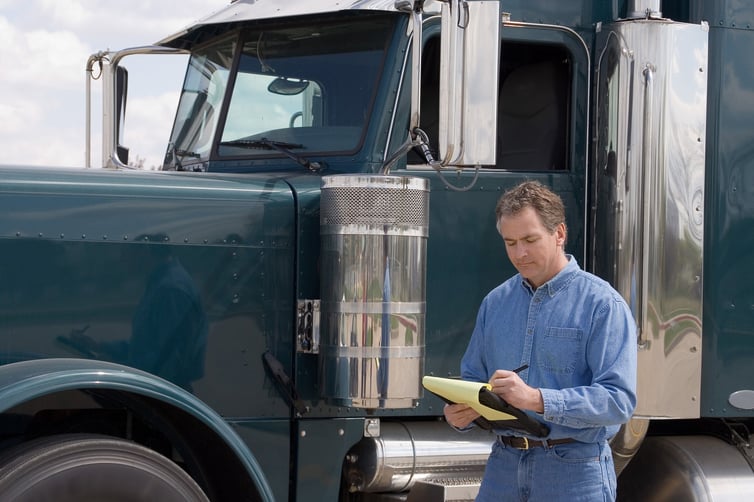
Remember in Oliver Twist when the hungry boy quietly approached his unforgiving master and asked him to fill the boy’s bowl with more gruel? Safety directors might relate to this feeling when requesting funds for new safety initiatives. Regardless of the company’s culture, selling safety to the keepers of the company coffers can be met with frustration and resistance, especially if the financial return on investment (ROI) has not been calculated beforehand to justify the expenditure.
As a company leader, you have a fiduciary responsibility to use company resources wisely. Spending now to benefit later is not a decision to be made lightly, so here are six financial reasons to justify why buying into safety now will pay off in the long run.
Increased Productivity
The loss of a valued employee can cost a company more than it thinks. Indirect costs stemming from an injury will escalate, manifesting in knowledge lost, time spent recruiting and hiring a replacement, and training costs to get a new employee up to speed and productive to the company.
Improved Customer Service
Business interruptions caused by a crash, injury, or roadside violation can result in indirect costs, such as a late delivery or spoiled cargo. Investing the time and money to road test applicant drivers, for instance, can pay huge dividends, especially regarding the delivery of freight safe and sound to keep your valued customers happy and wanting more.
Decreased Turnover
According to a 2017 report by Employee Benefit News, “Employers pay approximately 33% of a worker’s annual salary to hire a replacement.”1 The study also found that 75% of the causes of employee turnover are preventable, with employee well-being cited as one of the top reasons. Employers can demonstrate their commitment to employee well-being by visibly supporting safety initiatives and addressing employee concerns.
Fewer Lost Work Days
Injuries and illnesses are two leading causes of lost work days. Likewise, absenteeism costs the transportation industry approximately $3.5 billion annually.2 Investing in safety as well as health and wellness programs can help prevent these losses.
Immediate Return on Investment
According to the Federal Motor Carrier Safety Administration (FMCSA), the average cost of all large truck crashes is about $91,000 per crash. The average cost of installing fender-mounted mirrors on a tractor is about $500 per unit. If these mirrors can help prevent just one crash, they pay for themselves and then some.
Nest Egg Growth Potential
With a vested interest in the company’s long-term success, investing in safety is a measure to help maximize profits and minimize losses. This investment spurs the company’s growth and competitiveness, which trickles down to a boost in personal earnings and investment options that can bolster your nest egg for retirement.
(1) Study: Turnover costs employers $15,000 per worker (2017). https://www.hrdive.com/news/study-turnover-costs-employers-15000-per-worker/449142/
(2) The causes and costs of absenteeism in the workplace (2013). https://www.forbes.com/sites/investopedia/2013/07/10/the-causes-and-costs-of-absenteeism-in-the-workplace/#6ac12dc53eb6
Call to Action
-
Identify and write down the risks of exposing the company to potential losses.
-
Use a risk matrix to prioritize which risks should be addressed first.
-
Develop a risk management strategy to control the high-priority risks identified.
-
Communicate to employees the action(s) to be taken, then implement the strategy.
Note: These lists are not intended to be all-inclusive.
This material is intended to be a broad overview of the subject matter and is provided for informational purposes only. Great West Casualty Company does not provide legal advice to its insureds or other parties, nor does it advise insureds or other parties on employment-related issues, therefore the subject matter is not intended to serve as legal or employment advice for any issue(s) that may arise in the operations of its insureds or other parties. Legal advice should always be sought from legal counsel. Great West Casualty Company shall have neither liability nor responsibility to any person or entity with respect to any loss, action, or inaction alleged to be caused directly or indirectly as a result of the information contained herein.Reprinted with permission from Great West Casualty Company.

